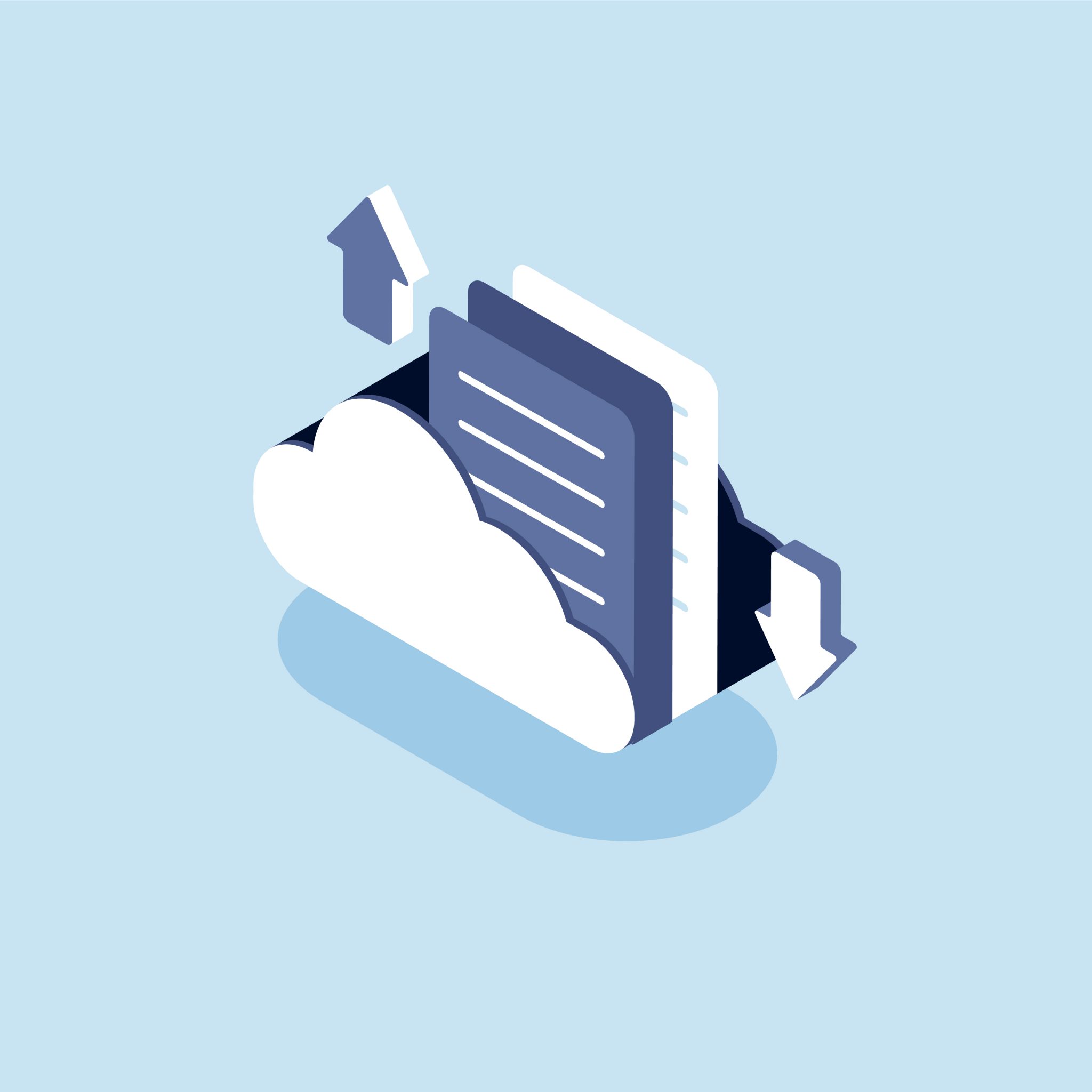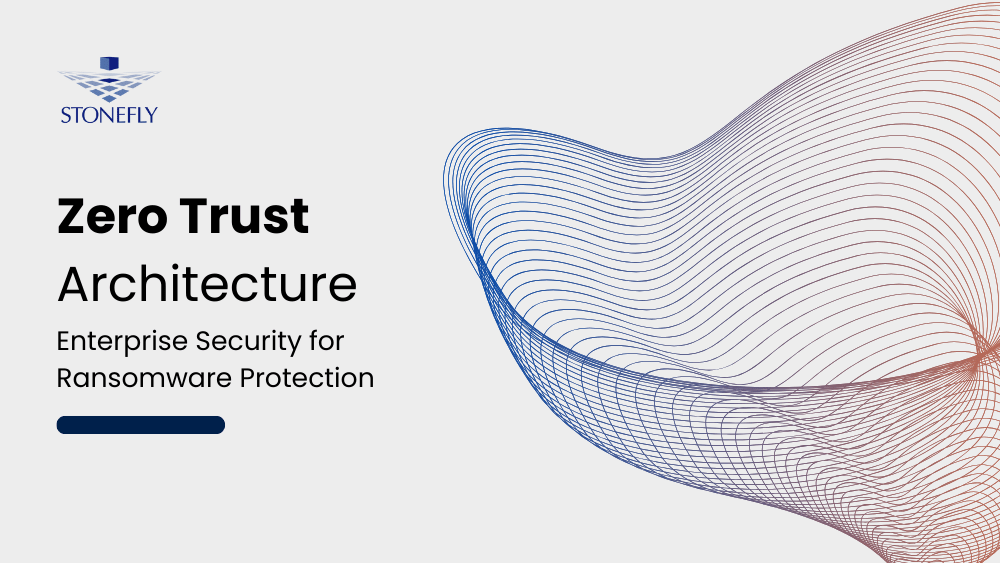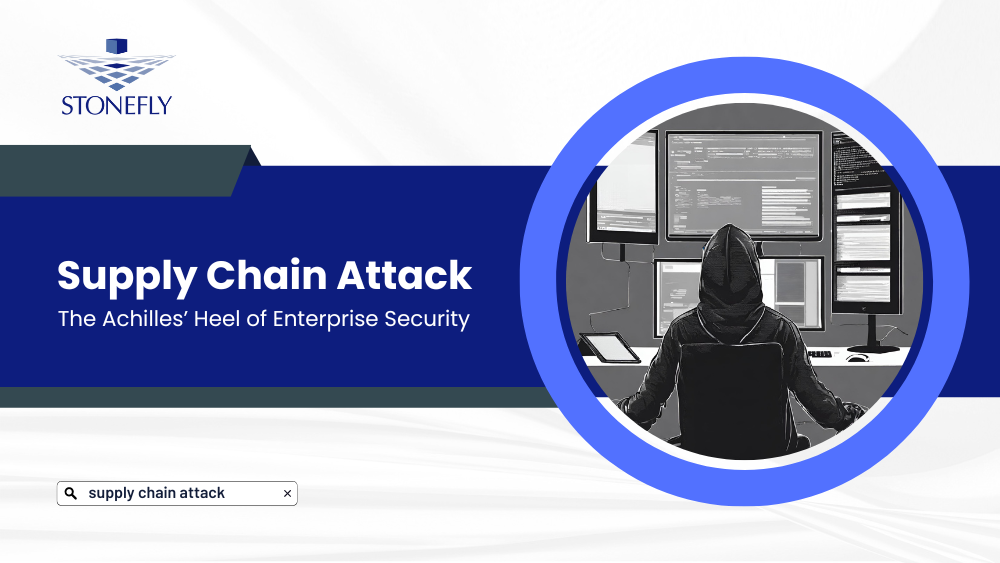What is Cloud Computing?
Cloud Computing is a term used for hosted computing services delivered to the client over the internet. The computing resources can be related to hardware and software and are presented as a utility to the users via a web browser. The service is classically sold as per demand and will be billed on minute or hourly basis and is entirely managed by the provider. The ultimate goal of cloud computing is to offer easy, scalable access to computing resources and IT services.
Cloud Computing is offered in various categories which includes:
- Infrastructure as a service (IaaS)
- Platform as a service (Paas)
- Software as a service (Saas)
- Storage as a service (STaaS)
- Security as a service (SECaaS)
- Data as a service (Daas)
- Desktop as a service (DaaS)
- Test environment as a service (TEaaS) and
- API as a service (APIaaS)
The name “Cloud Computing” is represented with a “Cloud” symbol as the internet is often represented as a cloud in the computer related flowcharts and diagrams.
A computing “Cloud” can be a public cloud or a private cloud; where a public cloud will offer service to anyone who are connected to internet and a private cloud is offered as a proprietary network which offers services to limited number of people. When a private cloud is created from a public cloud resource then the resultant cloud is called as a Virtual Private Cloud.
Cloud Computing benefits
- Cloud Computing is based on economy of scale and is seen as a potential cost saving resource and can act as an excellent for a small business startup.
- Companies which cannot afford high up-front costs can avail computing cloud resources on-demand and can avail this paid service as per the use.
- IT expertise can be availed through cloud computing services and so the need for hiring on-site skilled IT management gets eliminated.
- Computing Cloud eliminates the need to purchase hardware and software, as the provider manages the infrastructure needs.
- Environmental benefits are also offered by cloud computing as it cuts down the deployment of server farms. Consequently, it reduces power consumption and cooling costs and as a result avoids excess heat emission and carbon footprint.
Conclusion
Certain factors such as security, privacy and cost are said to be overshadowing the benefits offered by the cloud computing industry. Moreover, cloud is often being misunderstood due to the huge gap in between perception and reality and this hindrance is making the perpetuation of Cloud Computing a bit lagging in the IT field.







